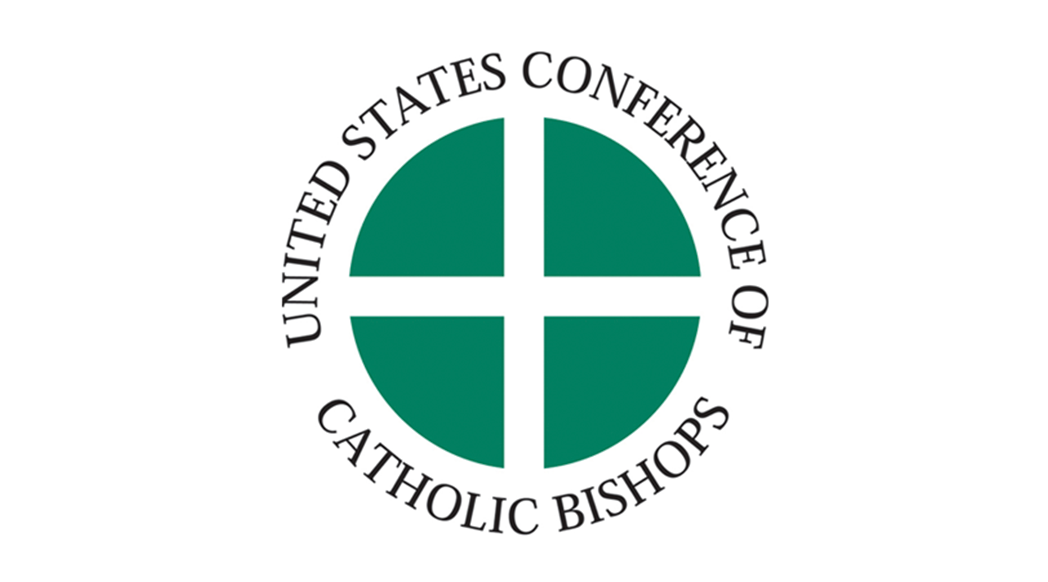Well the metaphysical systems and Religions
generally agree on an Uncaused Cause of All – and that
that alone is real, but is not a
thing as other things are.
I'd agree, from our point of view.
Or a 'myth' in the sense that it transcends the capacity of human reason?
Do protons and electrons emerge from neutrons?
I think meta-theism is closer to what you're aiming at?
But have a chew on this:
Johannes Scottus Eriugena: The Five Modes of Being and Non-Being (Periphyseon, I.443c–446a).
Eriugena lists “five ways of interpreting” the manner in which things may be said to be or not to be.
The first mode, things accessible to the senses and the intellect are said to be, whereas anything which, “through the excellence of its nature”, transcends our faculties are said not to be. According to this classification, God, because of his transcendence is said not to be. He is “nothingness through excellence.”
The second mode of being and non-being is seen in the “orders and differences of created natures”, whereby, if one level of nature is said to be, those orders above or below it, are said not to be, "For an affirmation concerning the lower (order) is a negation concerning the higher, and so too a negation concerning the lower (order) is an affirmation concerning the higher."
In other words, a particular level may be affirmed to be real by those on a lower or on the same level, but the one above it is thought not to be real in the same way. If humans are thought to exist in a certain way, then angels do not exist in that way.
The third mode contrasts the being of actual things with the “non-being” of potential or possible things still contained, in Eriugena’s memorable phrase, “in the most secret folds of nature.” This mode contrasts things which have come into effect with those things which are still contained in their causes. According to this mode, actual things, which are the effects of the causes, have being, whereas those things which are still virtual in the Primary Causes (e.g., the souls of those as yet unborn) are said not to be.
The fourth mode offers a roughly Platonic criterion for being: those things contemplated by the intellect alone may be considered to be, whereas things caught up in generation and corruption, viz. matter, place and time, do not truly exist. The assumption is that things graspable by intellect alone belong to a realm above the material, corporeal world and hence are timeless.
The fifth mode is essentially theological and applies solely to humans: those sanctified by grace are said to be, whereas sinners who have renounced the divine image are said not to be.
One of the striking features of this is that being and non-being are treated as correlative categories: something may be said to be under one mode and not to be under another. Attribution of being is subject to the dialectic of affirmation and negation.
When Eriugena calls God “nothing”, he means that God transcends all created being, God is nihil per excellentiam (nothingness on account of excellence) or, as he puts it, nihil per infinitatem (nothingness on account of infinity).
Matter, on the other hand, is also called “nothing” but it is “nothing through privation” (nihil per privationem). Similarly, created things are called “nothing” because they do not contain in themselves their principles of subsistence (Eriugena repeats St. Augustine’s view that the creature, considered apart from God, is mere nothing).
(from the
Standford Encyclopaedia of Philosophy)








